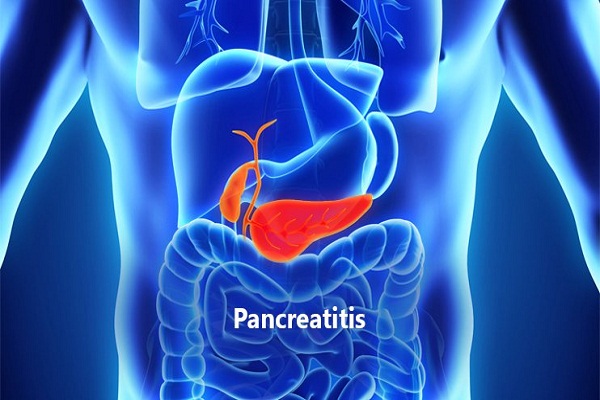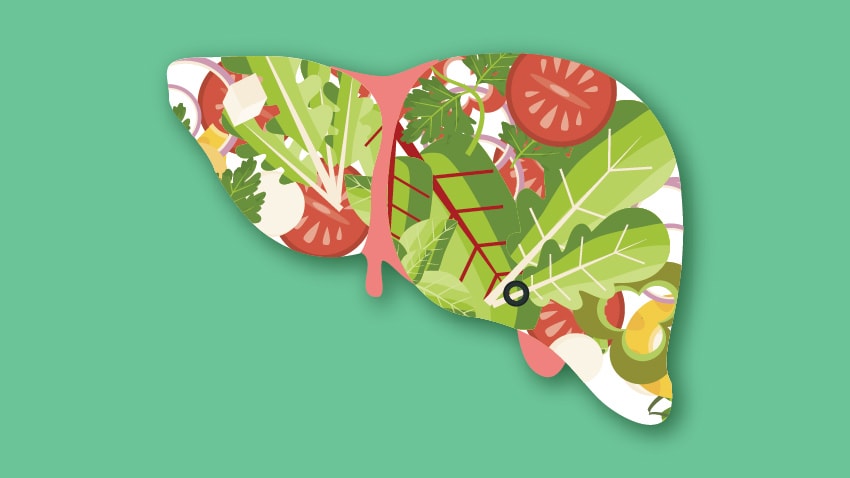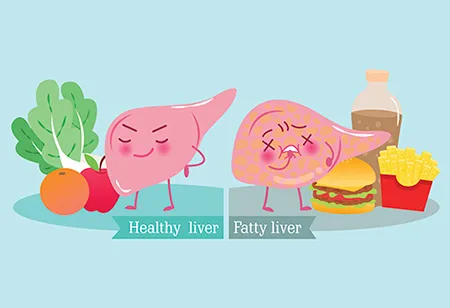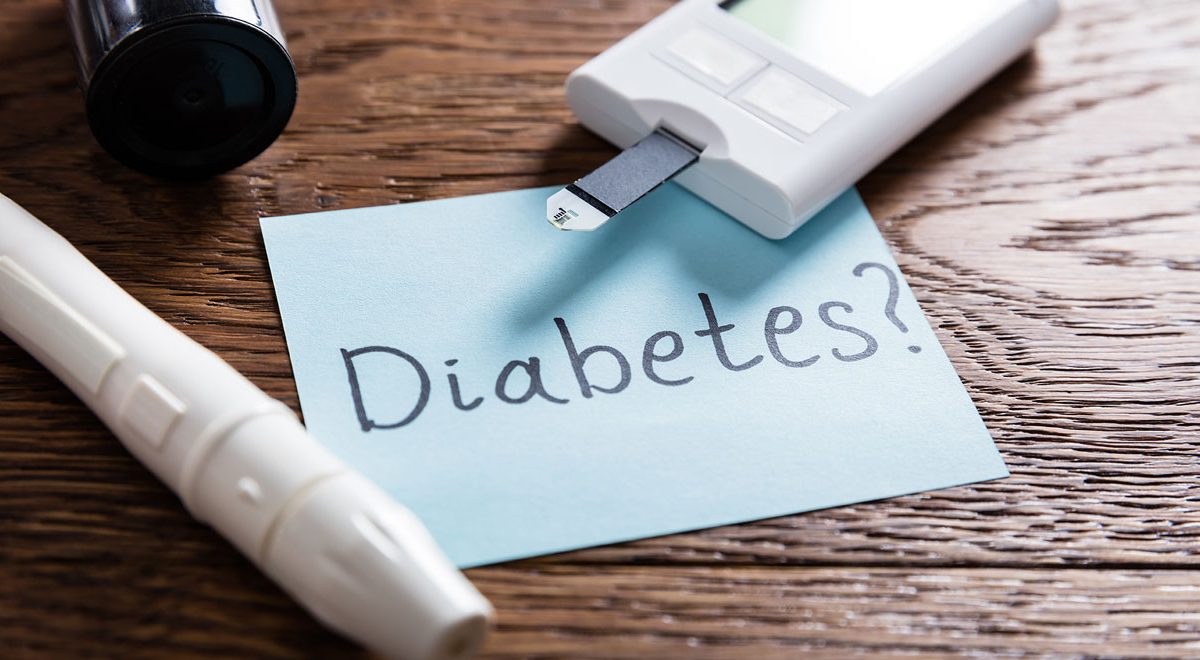COVID-19 can affect the digestive system in addition to the respiratory system. The most frequent digestive symptoms are nausea, vomiting, and diarrhea.
Furthermore, with several emerging and different symptoms developing, it is necessary to know the potential side effects of COVID-19 on the human body. The pancreas is said to be affected by this lethal virus as well.
Coronavirus and Pancreas
- According to HPB specialists, the COVID-19 virus can also affect the pancreas. In COVID-19 patients with pneumonia, the rate of pancreatic involvement is about 17%. However, the degree of pancreatic involvement ranges from patient to patient as said by best liver transplants in mumbai.
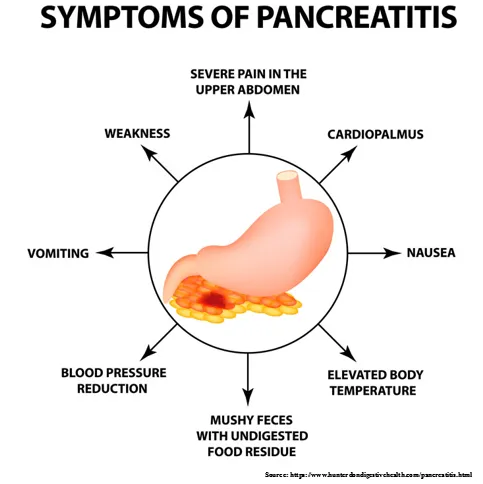
- An increase in pancreatic enzymes on a blood test may occur in certain patients without any symptoms. There may be elevated pancreatic enzymes on a blood test and imaging symptoms of pancreatitis, but no severe condition.
- Rarely, an overt episode of acute pancreatitis may occur. But, when COVID-19 disease is moderate, the odds of pancreatic involvement are lower.
- COVID-19 has the potential to cause pancreatic injury either directly or indirectly by immune-mediated damage. Angiotensin-Converting Enzyme 2 (ACE2) is a receptor found in pancreatic cells that helps the COVID-19 virus travel within cells.
- In COVID-19 patients, isolated pancreatic enzyme elevation on blood tests should not be interpreted as acute pancreatitis. Only where a clinical disease and scans indicate usual symptoms of acute pancreatitis should COVID-19 patients with elevated pancreatic enzymes on blood tests be diagnosed with acute pancreatitis.
Treatment for Acute Pancreatitis
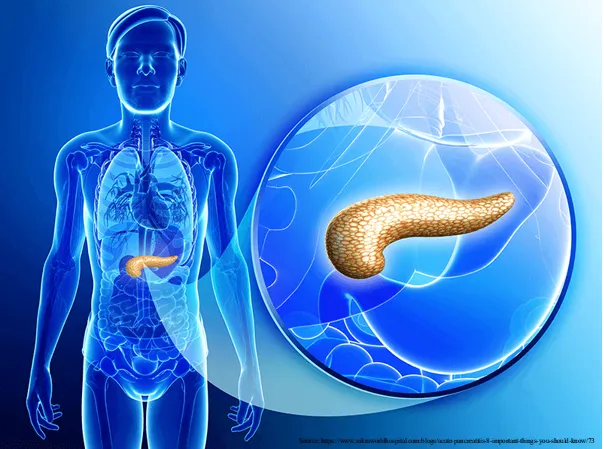
Acute pancreatitis can be treated in a variety of ways, as mentioned below:
- Patients with acute pancreatitis need supportive care such as intravenous fluids, pain relievers, and nutrition.
- The COVID-19 virus can affect many systems. COVID-19-induced acute pancreatitis is uncommon. It can cause serious harm to the patient since the target organ for both COVID-19 and pancreatitis is the same. Both of them have the potential to induce a severe inflammatory response.
- Upper abdominal pain in COVID 19 patients can still be seen from the perspective of pancreatitis.
- Acute pancreatitis in COVID-19 patients can be fatal if not diagnosed and treated promptly.
- So, even though the patient has the slightest signs of any disease, make an appointment with a doctor during COVID-19.

